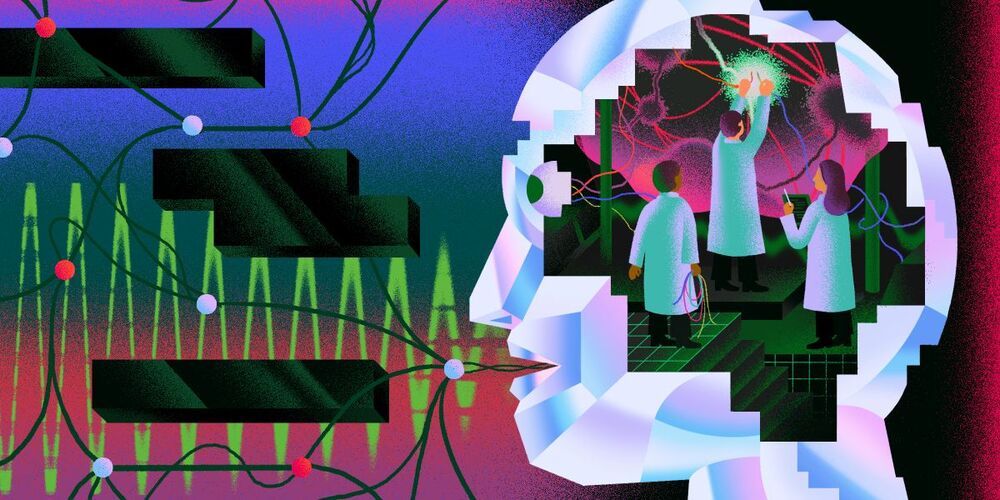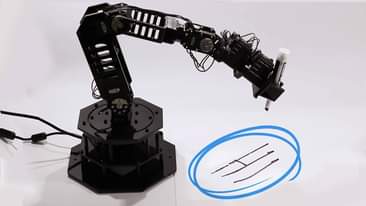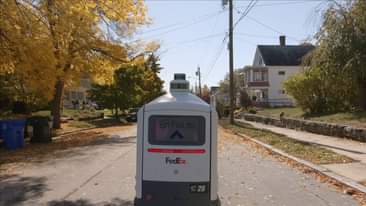It may not look nice, but maybe it can help prevent accidents. 😃
It’s generally good to watch where you’re going while out walking around, but if you’re someone who just can’t resist a glance at your phone – or a full scrolling session – then this industrial design student’s third eye is for you.
Created as part of his Innovation Design Engineering degree at London’s Royal College of Art and Imperial College, student Minwook Paeng came up with the impressive piece of tech to help out all the ‘phono-sapiens’ out there.
With so much of our lives now wrapped up in our phones, Paeng’s ‘third eye’ offers a solution to issues that can present themselves as we walk around with our heads down, taking in everything on the screen.







